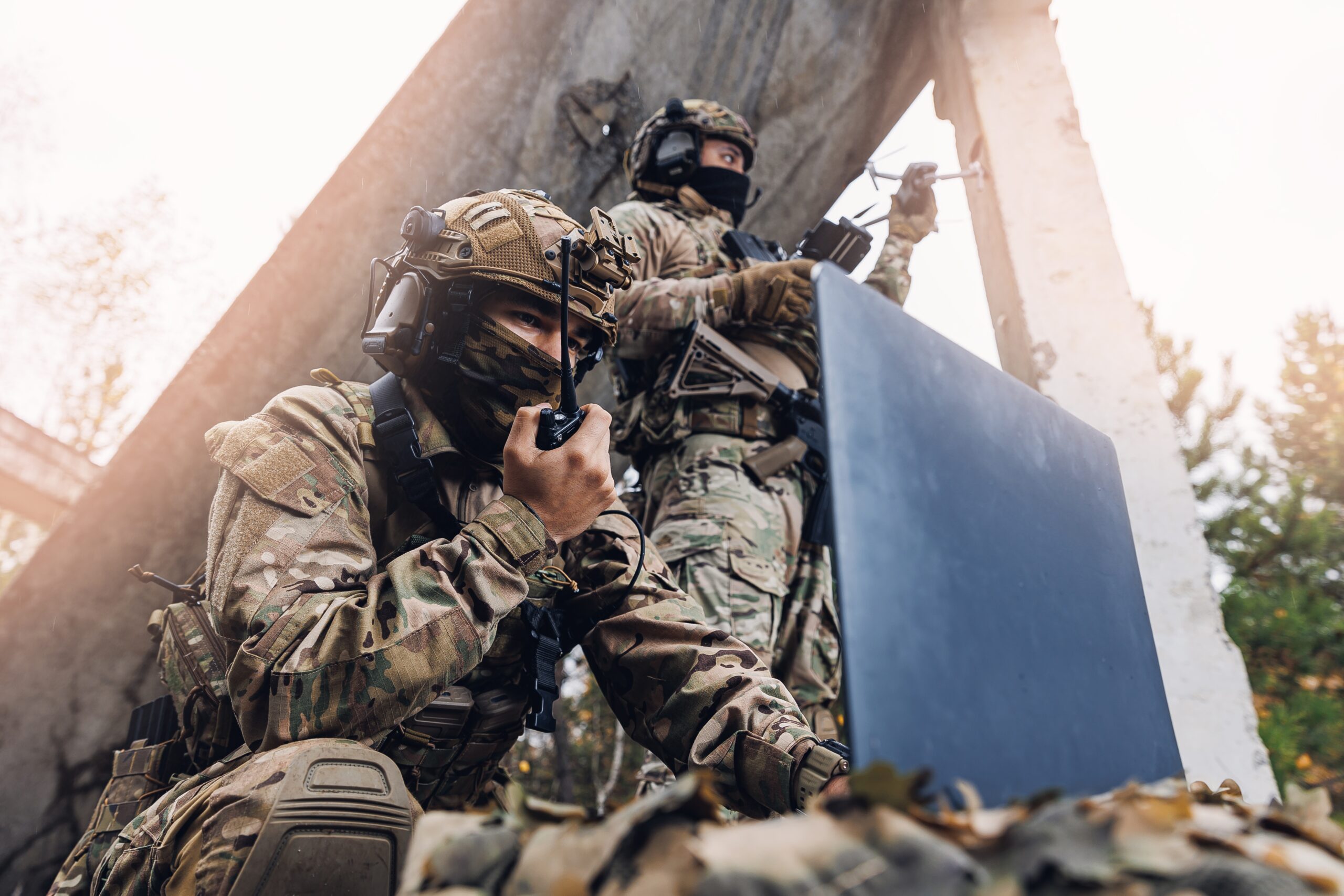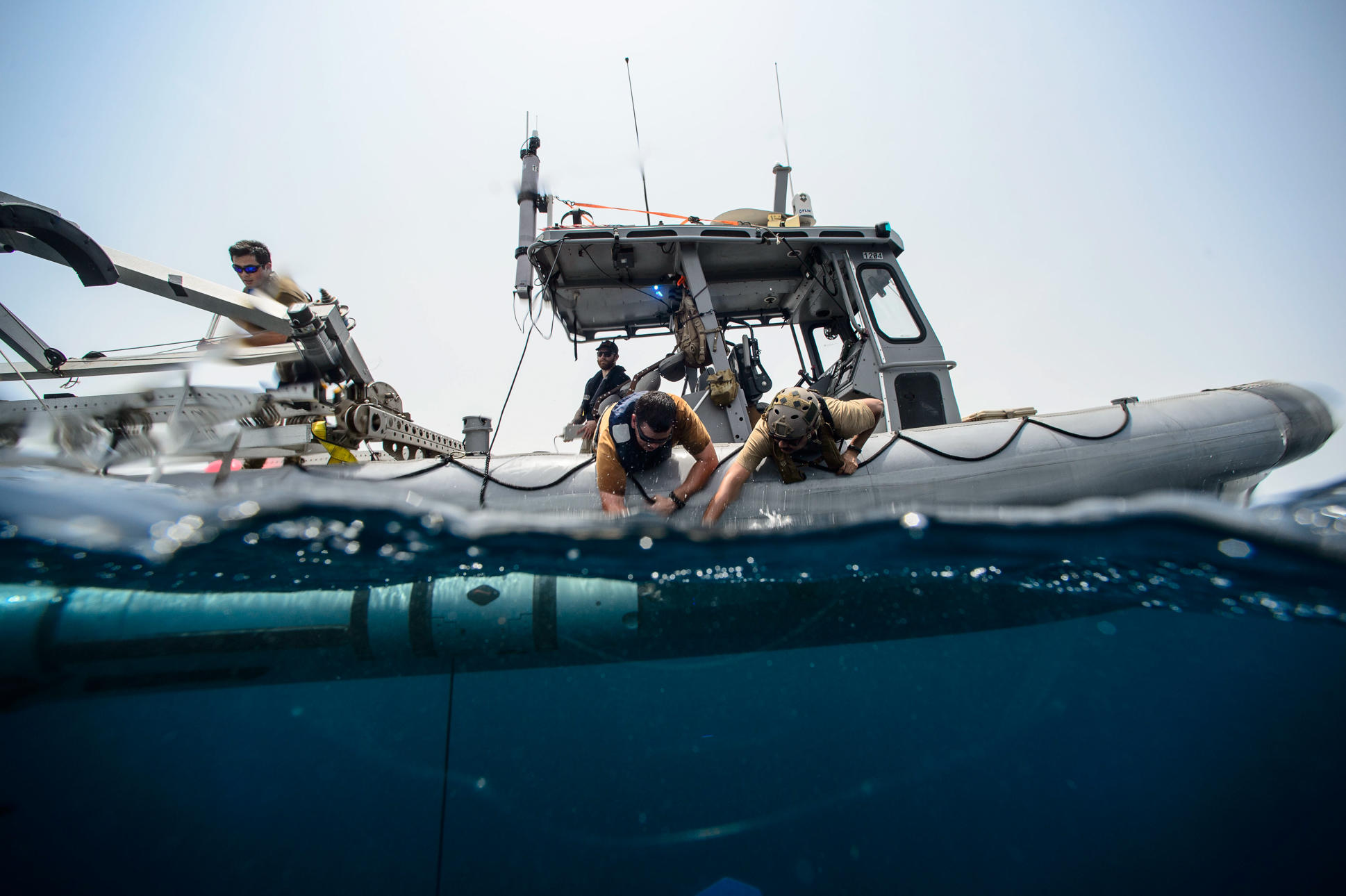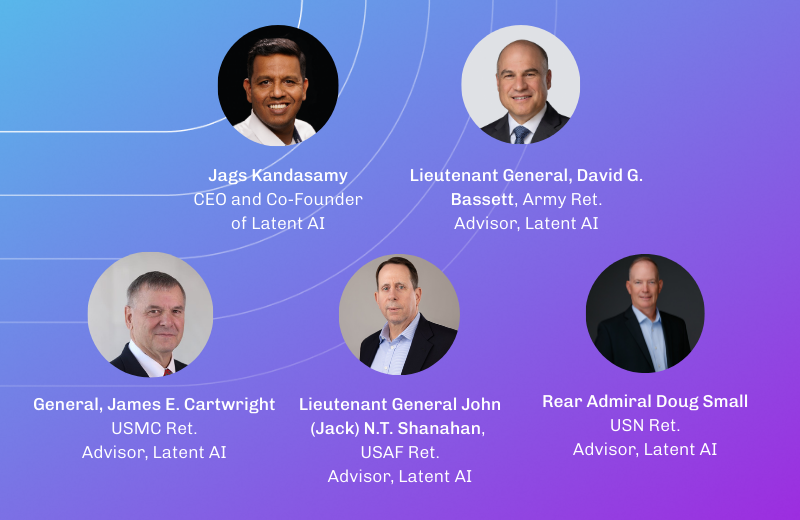Developers
Case Study
Project Linchpin delivers trusted AI pipeline for US Army
LEIP to be central technology enabling the Army’s first-ever AI program of record.

The Challenge
Current conflicts in Ukraine and the Middle East are good examples of future warfare where there is a rapid pace of counter and counter-measures being deployed. Today, most of these engagements involve warfighters making modifications to physical assets (drones, munitions, and tanks) to achieve mission goals. In the next fight, when artificial intelligence (AI)-enabled devices are fielded, the same engagements will be centered around the rapid pace of software and AI adaptation. The side that maintains that rapid pace of adaptation at scale gets the tactical advantage.
Part of modernizing the battlefield requires standardization on a scalable, trusted, and modular Machine Learning Operations (MLOps) pipeline, and the US Army recognizes the need for MLOps tools that optimize the development and deployment of AI capabilities. For Bharat Patel, product lead for Project Linchpin at the Army’s program executive office, this is the goal of Project Linchpin. “Think of Project Linchpin as our path to delivering trusted AI,” he explained.
The Solution
The Army set out to establish the first program of record to offer secure MLOps infrastructure and replicate this across the Army to deliver AI at scale, and the Latent AI Efficient Inference Platform (LEIP) was chosen as the primary development platform. Latent AI’s focus on trust and security, with an emphasis on the model lifecycle, are critical differentiators. In fact, Latent AI offers the only MLOps platform that provides a ML development pipeline, with optimization and security together, in a single framework that is ready for IL5/IL6 integration. Bespoke tools from separate domains can be integrated to form alternative workflow, but such integration from multiple domains is expensive and leads to cyber vulnerabilities that can be exploited.
Latent AI offers a radically different approach to rapidly build and adapt AI models to changes in the battlefield. LEIP’s comprehensive development environment addresses the Army’s need for flexibility, enabling seamless model adaptation to rapidly changing battlefield conditions. LEIP provides a unique ability to evaluate and refine TORC (Traceability, Observability, Replaceability, and Consumability) principles within Project Linchpin. For example, the LEIP platform and Latent Runtime Engine both support the modular open system architecture (MOSA), which allows for plug-and-play integration and consumption of AI capabilities, both from government and industry partners.
LEIP’s ability to optimize and secure AI models for various hardware targets within a unified workflow streamlines the process of developing, testing, and deploying AI systems, ensuring that the Army remains agile and prepared in diverse operational environments.
Key LEIP features meeting Army requirements:
- End-to-end workflow: Covers all stages of the ML lifecycle, including design, testing, integration, deployment, and monitoring.
- Benchmarking and optimization: Provides a vast library of pre-benchmarked configurations (LEIP Recipes) to facilitate rapid model optimization and trade-off analysis.
- Optimized runtime: Generates highly optimized runtime environments (LRE) for efficient model execution and deployment.
- Security and provenance: Incorporates security features and data provenance tracking to protect sensitive information.
- Rapid deployment: Offers tools for quickly updating models in the field, such as the Ruggedized Toolkit for over-the-air drone updates.
Looking Ahead
Latent AI’s selection from a competitive pool of over 250 companies in the xTechPrime contest to contribute to the Army Linchpin AI ecosystem underscores its pivotal role in driving sensor modernization efforts. Latent AI, along with several other tools and services vendors, Figure8Federal, RavenTek, RoyceGeo, Hypergiant, Microsoft, Big Bear AI, and many more, exemplify this integrative approach to the full process of MLOps. These collaborations bring together state-of-the-art synthetic data generation, advanced data labeling, and sophisticated AI/ML workflows, creating a robust ecosystem that enhances the Army’s operational AI capabilities.
The partnerships established through this initiative are set to transform the landscape of battlefield AI, providing operators with the tools to swiftly deploy and update AI models and thereby maintain a tactical edge over adversaries.
The collaboration extends beyond traditional defense applications, opening avenues for edge AI in geographic location intelligence and mapping, which will enhance situational awareness and decision-making capabilities.
Future explorations with the US Army and Navy will further refine LEIP’s applicability in scenarios like airborne intelligence, underwater threat detection, and reconnaissance, where the ability to react quickly and efficiently is paramount. As Latent AI continues to expand its network of partners, the potential for innovative edge AI applications will grow, ensuring that military operations are supported by cutting-edge technology that is both secure and highly efficient.
Discover more use cases for edge AI here. See how LEIP works for your unique edge AI application and schedule a demo today.
Related Case Studies
Ready to get started?
Schedule a meeting with an AI expert today.





